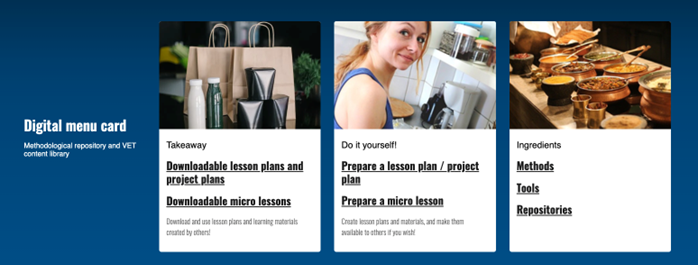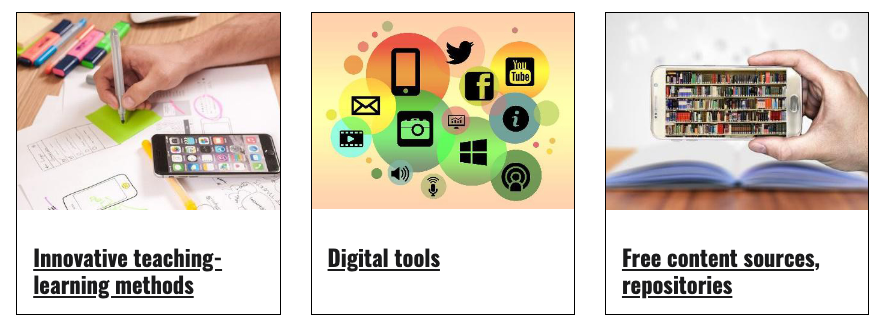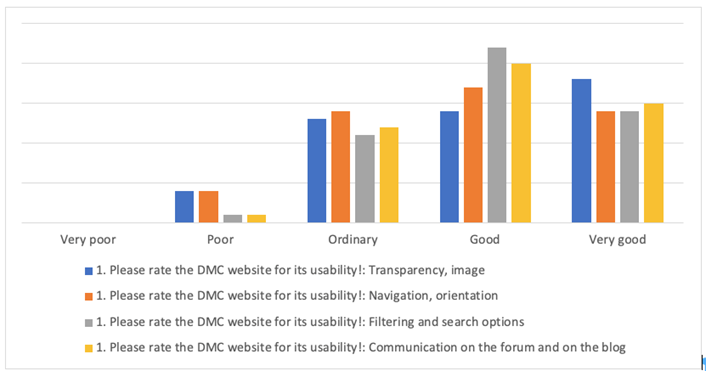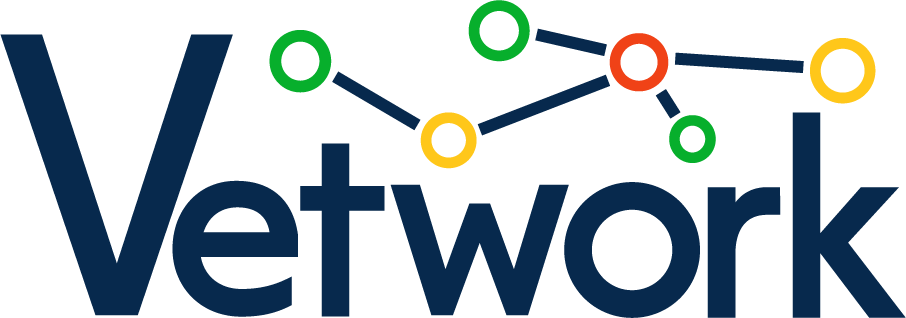The main product of the second work phase of the project is the Digital Menu Card (DMC), a multilingual online platform to help teachers in vocational education and training to use digital tools for pedagogical purposes. The landing page gives the impression of being in a restaurant, where you can choose from ready-made dishes, or pick the ingredients, or make your own lunch.

The visitors can take away freely available resources without registration, but they can do their own lesson plans (recipes) after registering as well. What are the “Ingredients”?

• Innovative teaching and assessment methods and technics.
• A collection of Digital Tools with examples and experiences of other teachers.
• A repository of Open Educational Resources freely available on the Internet.
The visitors can pick up other teachers' recipes, freely browse lesson plans created by other teachers, tried and shared for "reusing," and study lesson planning "ingredients," innovative methods, and digital tools.
The website currently contains about 120 "ingredients" for digital education: descriptions of innovative teaching-learning and assessment methods, creative techniques, presentation of national and international databases of free educational resources, and digital tools with pedagogical experiences and suggestions of teachers who have tried the tools.
Online Training-Learning on the DMC (Digital Menu Card) Interface
After the platform was lunched, 56 teachers took part in the online training from the 4 partner countries in the period of 15th February and 24th April 2022. They got acquainted with the DMC site and its elements, evaluated the uploaded "ingredients" and prepared their first own lesson plans.
The topics of the three-week training course were:
• Week 1: The changing role of the teacher, active learning methods, assessment techniques, innovation in education.
• Week 2: Digital tools for pedagogical purposes.
• Week 3: Using Open Educational Resources for lesson and project planning.
On the forums, there was a lively discussion and exchange of ideas on how and who can use digital tools to improve the quality of learning. At the end of the training, all participants tried out the DMC lesson planner and shared their own work publicly on the platform.

Feedbacks of Teachers on DMC funcionalities
